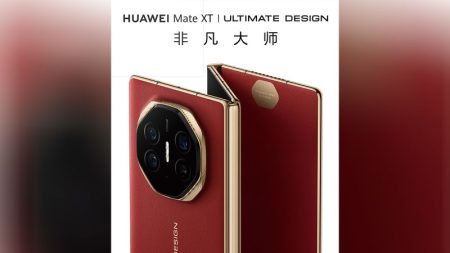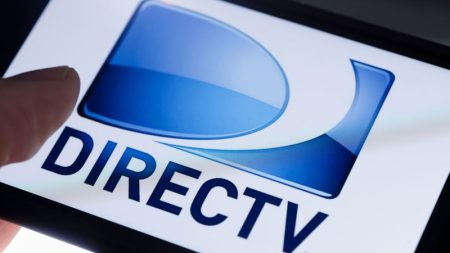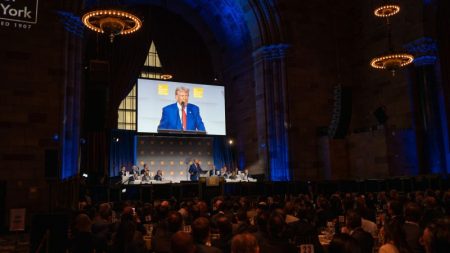Unlock the Editor’s Digest for free
Roula Khalaf, Editor of the FT, selects her favourite stories in this weekly newsletter.
Kioxia, the Japanese chipmaker taken private by Bain Capital in 2018 in an $18bn buyout, has applied to list on the Tokyo Stock Exchange in what brokers said was likely to be Japan’s biggest initial public offering this year.
A person close to Kioxia — the former Nand flash memory business of Toshiba — said a listing would seek to raise at least $500mn and exploit the market buzz around semiconductor and artificial intelligence-related stocks.
The same person said Kioxia, the world’s third-largest maker of flash memory products after Samsung and SK Group, was aiming to list as soon as October and could ultimately command a market valuation of more than $10bn.
If that is achieved, it would surpass the roughly $4.5bn projected market capitalisation of Tokyo Metro, the government-owned underground railway network slated for privatisation with an IPO also in October.
A listing of Kioxia has been an on-off prospect since Bain led a consortium of investors that included Kioxia’s South Korean rival SK Hynix to buy the company from Toshiba.
With the Japanese parent reeling at the time from an accounting scandal and in a deep financial crisis, the sale of its “crown jewel” memory business was widely seen as a “fire sale”. The deal, which left Toshiba with a 41 per cent stake in Kioxia and the Bain-led consortium with 56 per cent, was the biggest-ever private equity-led buyout in Japan.
People familiar with the situation said plans to list Kioxia in 2020 were derailed by the pandemic and rising trade friction between the US and China, which created huge uncertainty around the global semiconductor market. Subsequent efforts to negotiate a merger between Kioxia and the US data storage maker Western Digital looked close to success last October, before collapsing at the last minute.
“We have been aiming for a listing for some time,” said Kioxia on Friday, adding that the company was pressing ahead with preparations to list “at the appropriate time”. The timing would depend on a review of the listing application by the Tokyo Stock Exchange, it said. Bain declined to comment.
Kioxia’s net income in the April-June quarter was a record ¥70bn ($479mn). Annualised to about ¥300bn, a valuation of ¥1.5tn would imply a price-to-earnings ratio of about five times, said one person close to the situation. Peers Samsung and Western Digital trade on multiples of roughly twice that.
The discount, said the person, would reflect Kioxia’s market position, debt levels, history and the necessary pricing to convince global and domestic investors to participate in an IPO.
Still, bankers involved in listings planned for later this year said market conditions appeared good. After plunging this month in a record-breaking one-day crash, Japanese stocks have recovered and have performed strongly this year. The Topix index remains one of the best-performing benchmarks in 2024.
In January, the Japanese government significantly expanded a tax-protected investment scheme aimed at encouraging individuals to invest in stocks, a programme that is expected to raise retail investor interest in newly issued stock.
Read the full article here



